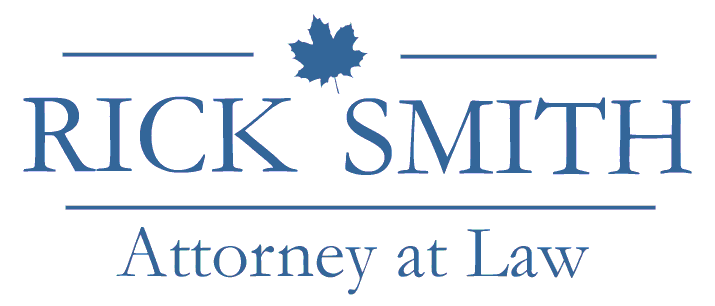Guardianship is the process of becoming a legal parent-figure or decision-maker for a person who cannot care for themselves. A guardian is generally responsible for the day-to-day care of the person who needs a guardian. Conservatorship is similar, but a conservator is responsible for another person’s financial needs. The same person can be appointed as guardian and conservator for the same person, or two different people can be appointed for these roles.
Under Utah law, guardians and conservators can be appointed for minor children and for incapacitated adults. In either case, the process is similar:
- A petition and supporting documents are filed with a court.
- Notice of the proceedings is given to all necessary parties (such as certain family members).
- Typically another attorney, “guardian ad litem,” or “court visitor” is appointed to represent the person who allegedly needs a guardian.
- The court holds a hearing to determine the need for a guardian/conservator and the propriety of the proposed guardian(s)/conservator(s).
- A decision is made by the judge. If the petition is granted, the court issues an order appointing a guardian and some additional documents.
Generally, appointed guardians and conservators must file reports and accountings with the court at least annually. However, a parent who is appointed as guardian and/or conservator of their minor child generally does not have to file the same accountings and reports (unless ordered to do so by the court).
Any person can suggest or name another person to be appointed as a guardian or conservator for another person. For example, parents of minor children often include a nomination of guardians/conservators in their wills (which could be presented to a court if the parents die). But a proposed or nominated guardian/conservator must still be appointed by a court before they have any authority to care for the child or incapacitated adult who needs a guardian or conservator. And in the case of minor children, the living/legal parent(s) have the first right and responsibility to care for a child (unless their parental rights are terminated by a formal court proceeding).
The naming of guardians/conservators for minor children is typically found in a Last Will and Testament (Will), but it can be in another document. Wills are a common place for guardian/conservator nominations because guardianships and conservatorships are generally handled by a probate court (which also handles wills).
Parents can name one or more guardian(s)/conservator(s) plus ‘backups’ (in case the first cannot be appointed due to death, disability, or other circumstance). The court is required to consider the nomination(s) of the last deceased parent before any other nominations.
For additional information or assistance naming guardian(s)/conservator(s) for minor children or others, or for help with a guardianship/conservatorship proceeding, see utahcourts.gov/ or contact an attorney.

